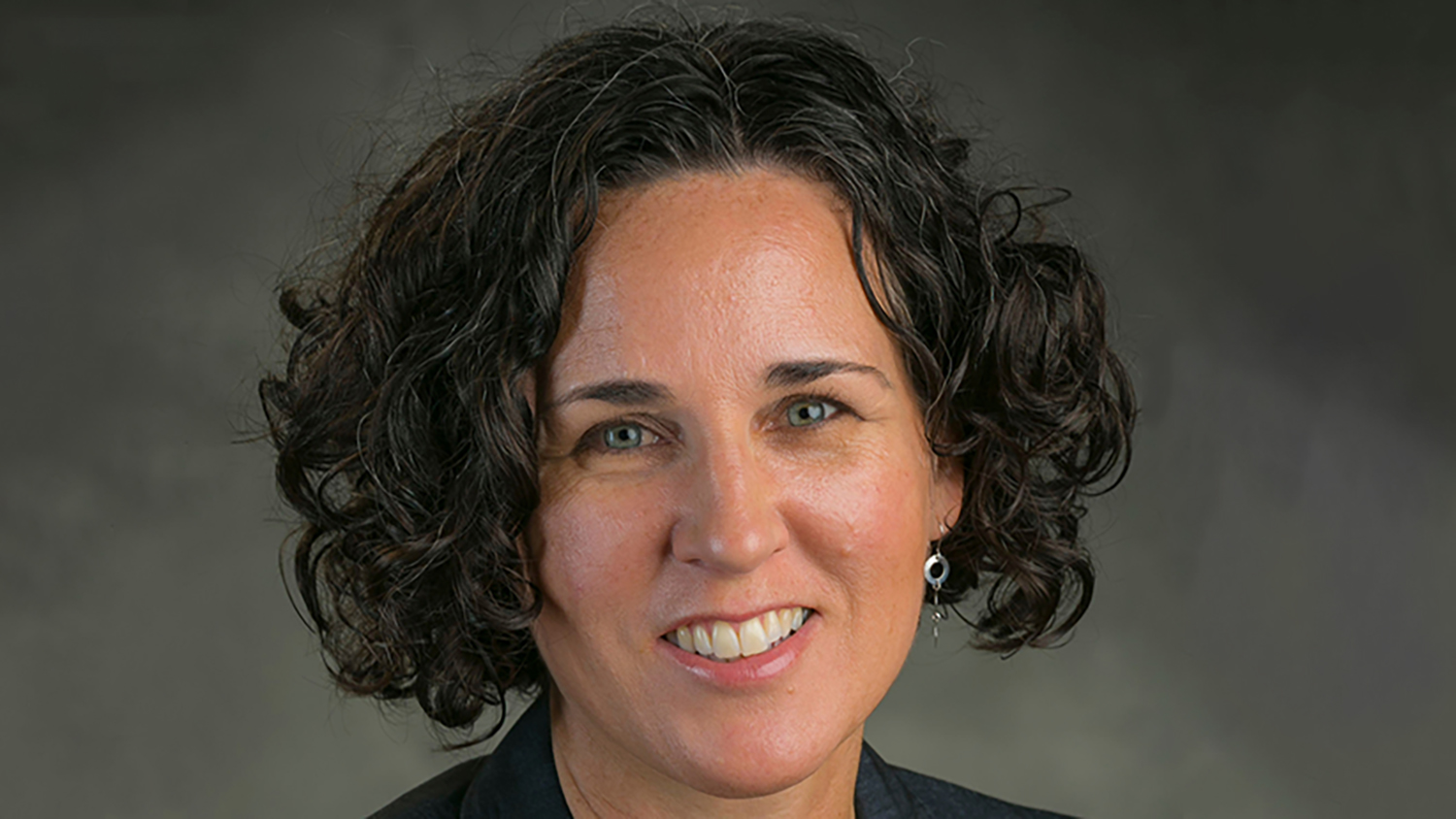Meet Paula McAvoy: I’m Committed to Research That Helps Teachers Do Their Best Work

“I decided to return to a faculty position because I want to focus on research and teaching. NC State’s land-grant mission appeals to my commitment to conduct research that helps teachers do their best work.”
This is part of a series of profiles of faculty who joined the NC State College of Education in 2018-19.
[spotlight-box label=”” img=”” heading=”Paula McAvoy” cta=”” url=””]Title: Assistant Professor of Social Studies
Department: Teaching Education and Learning Sciences
Education: Ph.D. in Educational Policy Studies, University of Wisconsin-Madison; M.A. in Educational Policy Studies, University-Wisconsin-Madison; B.A. in International Relations, University of California-Davis
Experience: Program Director, Center for Ethics and Education at the University of Wisconsin-Madison; Director, The Discussion Project at the University of Wisconsin-Madison; Associate Program Officer, Spencer Foundation; Assistant Professor of Educational Administration and Foundations, Illinois State University[/spotlight-box]
Why I Chose the NC State College of Education: Since completing my Ph.D. in 2010, I have worked as an assistant professor at Illinois State, a program officer at the Spencer Foundation, the director of the Center for Ethics and Education (UW-Madison) and the director and lead developer of The Discussion Project (UW-Madison). I decided to return to a faculty position because I want to focus on research and teaching. NC State’s land-grant mission appeals to my commitment to conduct research that helps teachers do their best work.
Why I Entered the Field of Education: I began my career as a high school social studies teacher in California, working for an alternative program called Middle College. After 10 fulfilling years in the classroom, I began to wonder about the question: “Why are we doing this to them?” That is, what is it that we as a society are trying to achieve when we require young people to go to school? One answer is that we want to maintain and improve our democracy. This has led me toward a set of research questions that focus on how teachers can/should prepare young people for democratic life and the relationship between schools and democratic society.
How I Became Interested in My Research Fields: I earned my Ph.D. at UW-Madison where I studied philosophy of education, with an emphasis on political philosophy and ethics. This training helped to shape my views about the relationship between schools and society and the ethical dimensions of teaching. I also collaborated on a large mixed-methods study of high school teachers who engage students in discussions of controversial political issues. Working on the resulting co-authored book, The Political Classroom: Evidence and Ethics in Democratic Education (Routledge, 2015) informed my thinking about the practice of classroom discussion and how social studies teachers are affected by our polarized political climate.
How I Developed My Teaching Philosophy: Helping young people to discuss their moral, political and cultural differences is an essential component of preparing them for democratic life. My commitment to classroom discussion has been shaped by my experiences as a high school teacher, where I learned that facilitating a good discussion is one of the most challenging and exciting parts of the job; my research that finds discussion broadens students’ political views; and professional development programs that I have created for teachers and faculty to improve classroom discussion.
What I Hope My Students Learn From Me: I hope that the pre-service teachers that I work with come to see that classroom discussion of political issues is something that they can and should do with their students. I hope that all of my teaching and research helps people to answer the foundational question of democratic society: “How should we live together?”
- Categories:


